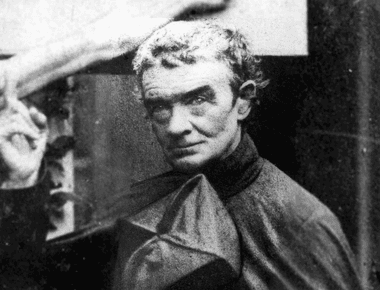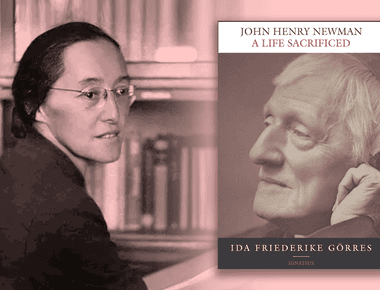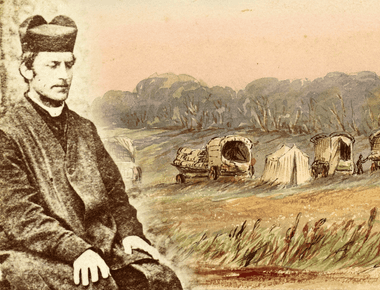
Laval’s originality lies in his reliance upon the catechists and treasurers he trained, which was the original reason for the pastoral success on Mauritius. Laval’s influence is evidenced by the 40,000 people who were drawn to his funeral in 1864. Through him and those who came to help him, the emancipated enslaved people discovered how much they were loved, and they responded to that love beyond all hope.











